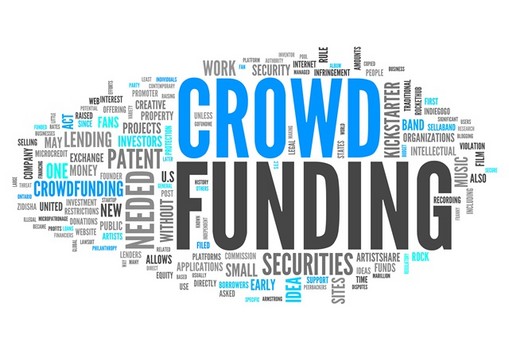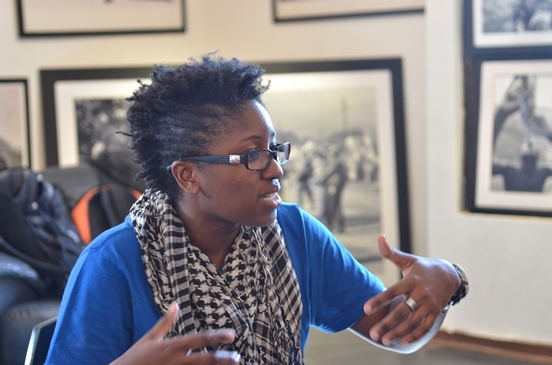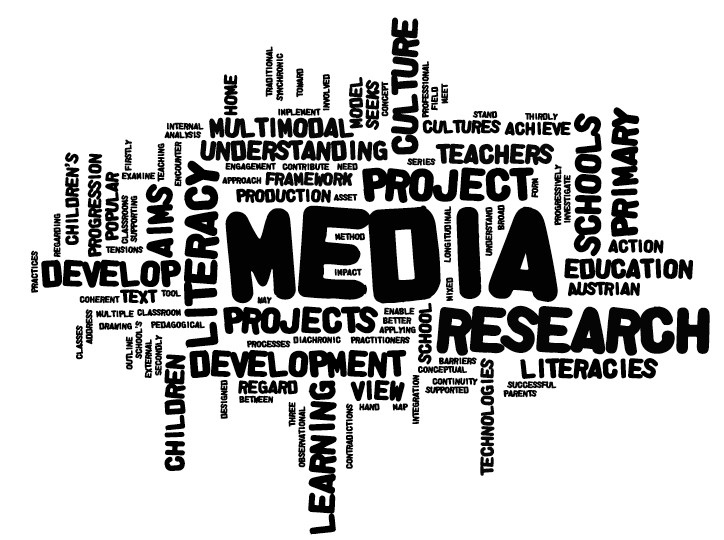Last week, I had the pleasure of participating in the West African Civil Society Institute (WACSI)‘s Social Media Experts conference in Accra, Ghana. The conference brought together African social media experts, enthusiasts, and activists from across the continent, which got me thinking about ways we can strengthen "digital activism" across…
-
Advocacy - Africans for Africa - Blog - Media Activism - New Media - Philanthropy - Special Series - Thought Leadership
-
Blog - My Work - New Media - Non-Profits - Philanthropy - Speaker Services - Thought Leadership - Training and Consulting Services
Crowdfunding for Activists: 5 Tips for Creating Successful Online Fundraising Campaigns
I prepared this short presentation as part of the "Feminist Cyborgs: Actvism, Online Fundraising, and Security" webinar, hosted by African Feminist Forum and Association for Progressive Communications. My 10-minute presentation includes a brief introduction to crowdfunding and some popular crowdfunding tools. Using my Africans for African new media project as…
-
African Feminism - Afrofeminism - Blog - Keynotes, Talks, and Presentations - Media - Media Activism - My Work - New Media - Speaker Services - Thought Leadership
I am An African Feminist Cyborg: Activism, Fundraising and Security Online
I am an African feminist cyborg! The feminist cyborg is at home both online and offline, and her activism is reflected in her online life (whether it is through blogs, tweets and general online presence) as well as in what she does offline (working for a feminist organization, working with…
-
My BET.com Interview about LGBT Africa and the Media: “Being Gay in Africa Is Neither Good Nor Bad”
BET.com interviews me about my work as a media activist focusing on gender and LGBT issues in Africa. The piece, which was very positive and optimistic, prompted some thoughts about what "good" media activism means to me. Surprisingly "good" media has nothing to do with it. Read the interview, and…
-
Advocacy - Blog - Media - New Media - Philanthropy - Speaker Services - Training and Consulting Services
Social Media for Social Change: 10 Tips from a Queer African Media Activist
I recently published a personal reflection of my accidental, non-linear career trajectory as a writer and a media activist. In addition to my philosophy about using media for change, I wanted to share a few tangible new media tips, tricks, and strategies that have been helpful to me as well.…
Online rulet oyunları gerçek zamanlı oynanır ve online slot casino bu deneyimi canlı yayınlarla destekler.
İnternet üzerinden eğlence bahsegel giriş arayanlar için deneyimi vazgeçilmezdir.
Kullanıcıların hesaplarına hızlı ve sorunsuz bettilt ulaşabilmesi için adresi her zaman güncel tutuluyor.




